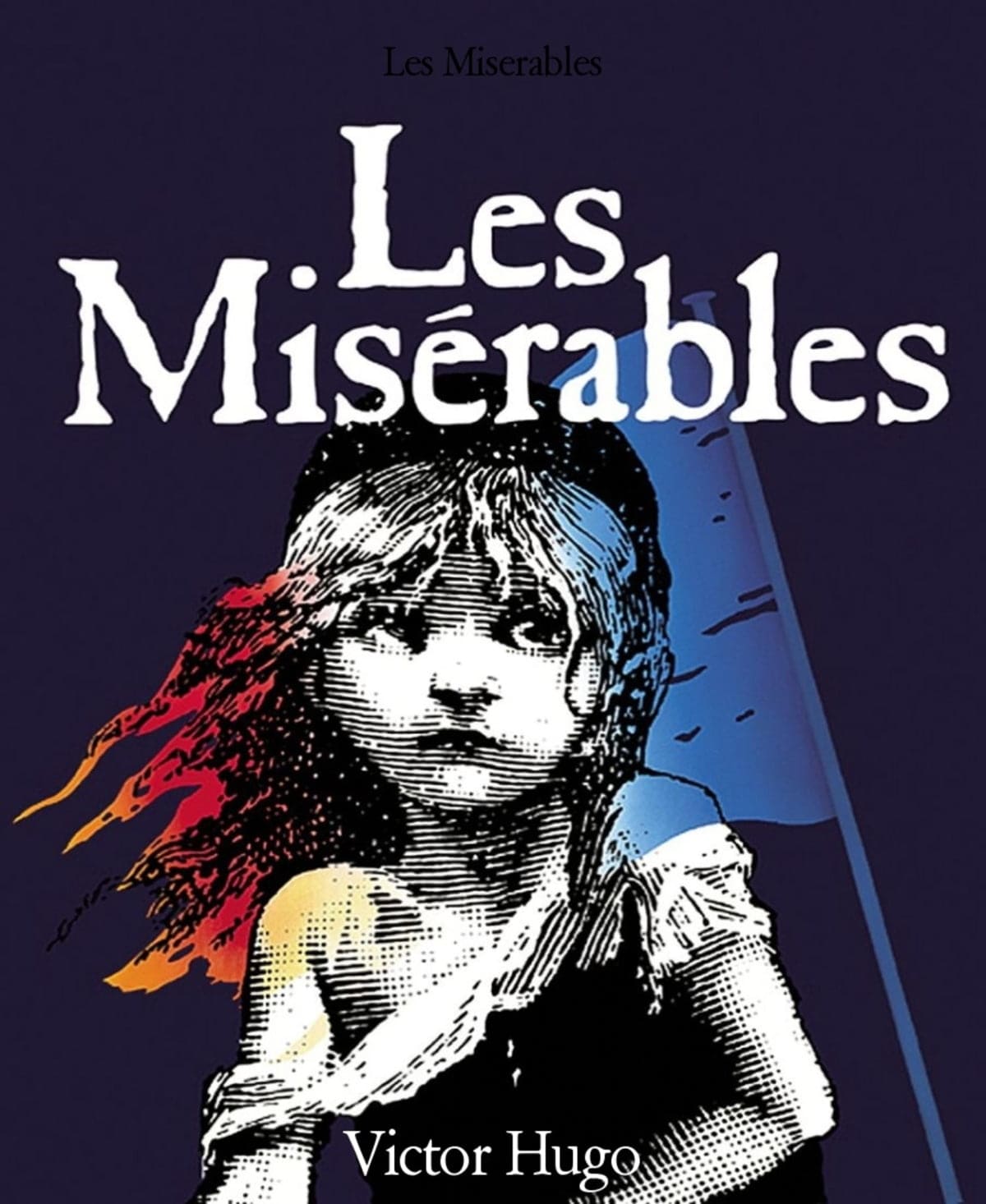The source of the book
This book is published for the public benefit under a Creative Commons license, or with the permission of the author or publisher. If you have any objections to its publication, please contact us.

Les Miserables Book PDF
(0)
Author:
Victor HugoNumber Of Downloads:
40
Number Of Reads:
190
Language:
English
File Size:
6.00 MB
Category:
literatureSection:
Pages:
1678
Quality:
excellent
Views:
657
Quate
Review
Save
Share
Book Description
"Les Misérables" is a novel written by French author Victor Hugo, first published in 1862. The book is set in France in the early 19th century and tells the story of Jean Valjean, a former convict who tries to make a new life for himself but is hounded by Inspector Javert, who is determined to bring him to justice. The novel is a sweeping epic that touches on themes of social injustice, poverty, redemption, and love.
The book is divided into five parts and over 40 chapters, each providing a detailed account of the various characters' lives and experiences. Hugo's writing style is known for being rich in description and detail, making the reader feel as if they are a part of the story. The novel also features numerous subplots and a large cast of characters, including the tragic Fantine, her daughter Cosette, the streetwise Gavroche, and the idealistic student Marius.
One of the most memorable aspects of "Les Misérables" is the portrayal of the harsh realities of life for the poor and marginalized in 19th-century France. The book's depiction of poverty and social inequality is vivid and often heart-wrenching, with characters struggling to survive amidst the squalor of Parisian slums. Hugo also explores the role of the law and justice in society, contrasting the ruthless pursuit of justice by Inspector Javert with the compassion and forgiveness of Jean Valjean.
Throughout the novel, Hugo emphasizes the power of love and compassion to overcome adversity and bring hope to even the most desperate situations. The relationship between Jean Valjean and Cosette, whom he adopts as his own daughter, is a touching example of the transformative power of love.
"Les Misérables" has been adapted into numerous stage productions, films, and television series, including the popular musical that has been performed worldwide. The book's enduring popularity is a testament to the power of Hugo's storytelling and his ability to capture the struggles and triumphs of the human spirit.
Victor Hugo
Victor Hugo was a renowned French author, poet, and dramatist of the 19th century, widely regarded as one of the greatest literary figures in French history. Born on February 26, 1802, in Besançon, France, Hugo began his literary career as a poet, publishing his first collection of poetry at the age of 20.
Hugo's childhood was marked by personal tragedy, including the death of his father when he was just 11 years old, and the deaths of his daughter and two of his sons later in life. These experiences are thought to have influenced his work, which often explores themes of loss, love, and human suffering. His writing was also heavily influenced by the political and social upheavals of his time, including the French Revolution and the rise of Napoleon Bonaparte.
Hugo was a prolific writer who produced a wide range of literary works throughout his career, including plays, essays, and political speeches. However, his most famous works are his novels, which often feature complex plots and a large cast of characters. "Les Misérables," for example, follows the story of ex-convict Jean Valjean as he struggles to rebuild his life in the midst of poverty and social injustice. The novel explores themes of love, redemption, and social inequality, and has been praised for its vivid descriptions of 19th-century France and its unforgettable characters.
In addition to his literary work, Hugo was also involved in politics, advocating for social justice and democratic reform throughout his career. He was a member of the French parliament for many years, and was a vocal opponent of the death penalty and other forms of injustice. He was also a leading figure in the Romantic movement, which emphasized emotion and individualism in art and literature.
Hugo's moral and political choices during the second half of his life and his unique actions made him an emblematic figure who was posthumously honored by the French Third Republic on May 22, 1885, with a popular funeral that accompanied the transfer of his body to the Cemetery in Paris on May 31, 1885.
Today, Hugo's works continue to be celebrated around the world for their depth, beauty, and enduring relevance. His novels have been translated into numerous languages, and his poetry is still widely read and admired. Hugo's legacy as one of France's greatest literary figures is secure, and his influence on French literature and culture can still be felt today.
Earn Rewards While Reading!
Every 10 pages you read and spent 30 seconds on every page, earns you 5 reward points! Keep reading to unlock achievements and exclusive benefits.
Read
Rate Now
5 Stars
4 Stars
3 Stars
2 Stars
1 Stars
Les Miserables Quotes
Top Rated
Latest
Quate
Be the first to leave a quote and earn 10 points
instead of 3
Comments
Be the first to leave a comment and earn 5 points
instead of 3